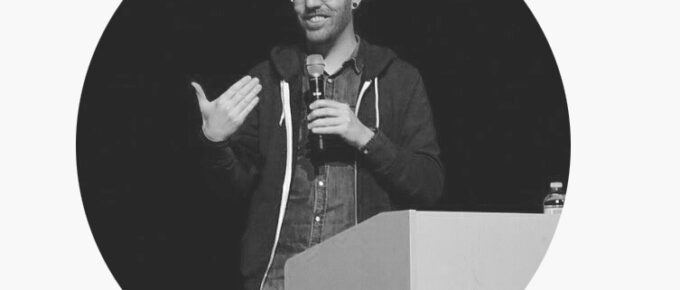The following is an edited version of the commencement speech I gave to the Edmonton Digital Arts College 2019 grad class. I swear it was way more hilarious and inspiring in person. --- When Jeremy …
Continue Reading about 3 Fundamental Traits for Success in your Creative Career →





